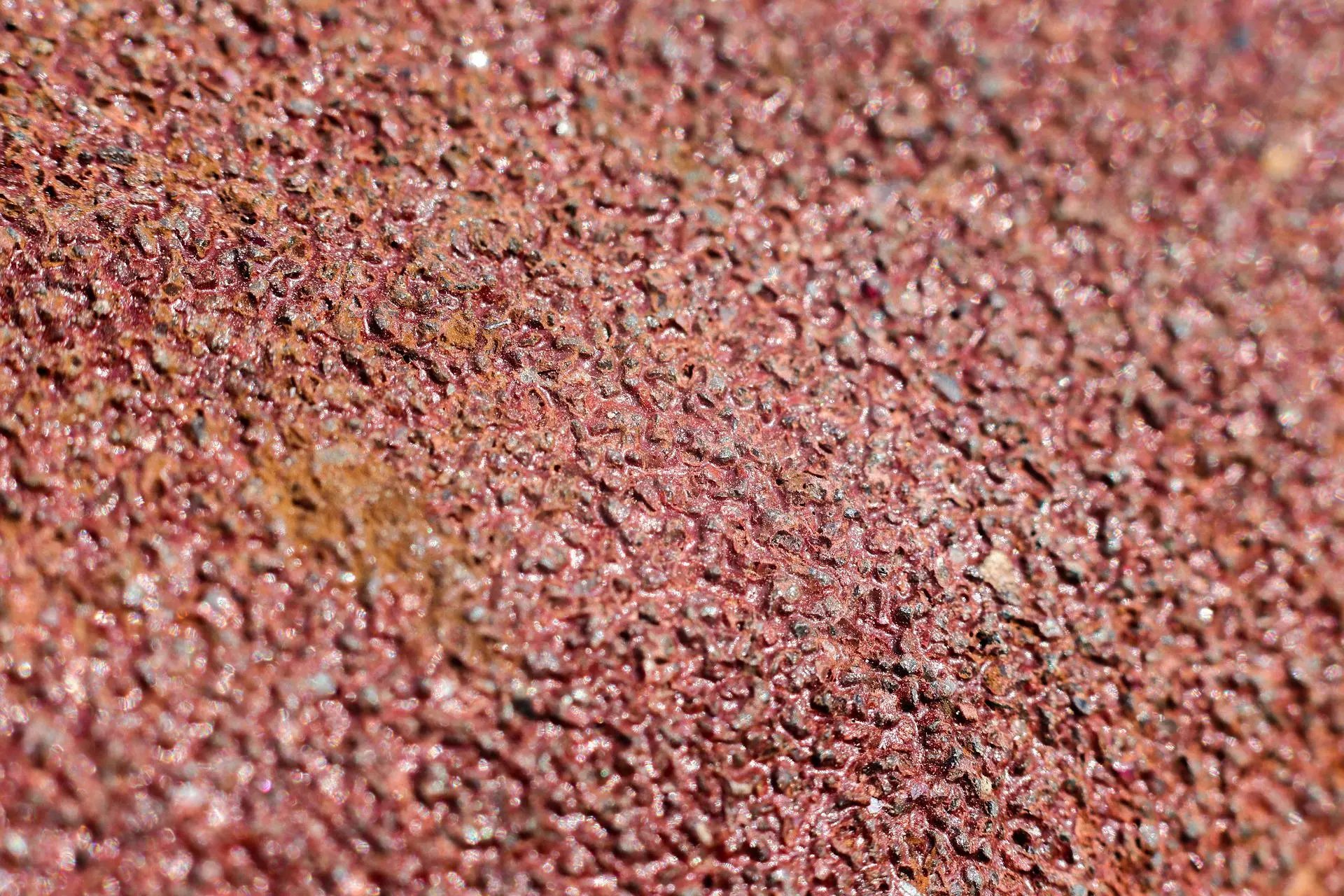How Should Abrasive Materials Be Handled?
Home / How Should Abrasive Materials Be Handled?

How Should Abrasive Materials Be Handled?

Abrasive materials can usually be handled by using a bucket elevator – provided some care is exercised in the design, customisation, and operation of the equipment.
There are many aspects to consider when designing material transfer solutions for example, if material is dropped into elevator buckets from too great a height, or at too great a volume this can result in excessive equipment wear and tear. Similarly, if the abrasive material is ejected too forcefully from a transfer process at the discharge end, it can generate additional problems of wear and process overspill on the next processing equipment.
Proper handling safeguards and feeding controls, therefore, help prevent the need in premature servicing, unscheduled shutdowns and excessive parts replacements and thus keeping your production lines optimised.
What Is An Abrasive Material?
An abrasive material is any granulated material (e.g. sand, sugar, glass) strong enough to cause kinetic abrasion if applied repeatedly and with force to another surface.
Abrasive mixes can be artificial, composites, or naturally occurring in origin. Most modern abrasives rank at 7.0 (or higher) on the Mohs scale of mineral hardness. Industrial-grade abrasives (e.g. diamond dust) may be at the maximum rank of 10, marking them as a high priority for safe containment.
How Can I Transport Abrasive Materials Safely?
To achieve the most appropriate handling solution, precise data on the abrasive materials you use must be supplied to your equipment provider to allow for suitable design. One of the best ways to move abrasive materials safely is to use a job-specific pendulum bucket elevator (instead of a loose-product conveyor belt).
What is a pendulum bucket elevator?
A pendulum bucket elevator runs at a slower speed than belt and bucket types, minimising wear and allowing more careful handling of abrasive materials. To further minimise the risk of damage, at Gough Engineering we construct our buckets from durable stainless or carbon steel or a polypropylene type (food grade if required) with option of metal detectable material.
Feeding controls
Feeding controls also play an essential role in handling abrasive materials safely, in two ways:
1) By avoiding bucket overloading and spillage around the product delivery inlet points, and
2) By managing the secure and safe transfer of product from the bucket elevator at the tipping point. Depending on your processing requirements, tips may be gradual and selective, single, or multiple.
Customisation
Bucket elevators intended for abrasive materials may need further customisation to enhance safety around the loading and transfer points. Dust control is such a consideration, as the dust from abrasive products may damage machinery and cause a health hazard to operators. Care should be taken to minimise dust proliferation during loading and transfer, and you may require additional dust covers or dust extraction equipment incorporated into your design.
Controlling Spillages
Material spillages should be minimised or avoided where possible when transporting abrasive materials, as some materials can form an abrasive ‘paste’ on contact with moisture, damaging not only the elevator buckets but also the drive mechanisms and tipping controls, too.
How Do Bucket Elevators Improve Safety?
A combination of smooth bucket motion and self-contained construction panel design can prevent particles escaping during transit. By designing the right bucket size and their holding capacity the transfer of material will not escape compared to other transfer methods. Combining the right controlled enclosed feed and the correct tipping and chute design for delivery the bucket elevator from Gough Engineering can serve many years of successful operation.
In addition, Gough Engineering can supply the correct feeder to deliver material to the bucket elevator feed inlet point for example, using electromagnetic drives with no rotating parts compared to roller conveyors which can have a reduced working life due to the nature of the abrasive material.
An elevator can transfer material successfully from A to B safely with no human interaction if combined with continuous feed equipment / automatic feeds.
Chain design is also crucial in specifications where steel or composite chains can be used for certain applications. Alongside these factors, the Swinglink patented design with free swinging, pendulum buckets where the shaft and sprockets synchronise the chain movement, thereby keeping the buckets inline, horizontal and parallel for an exceptionally long operating life.
Gough Engineering can advise you on what specifications you'll need to move the types of abrasive material your factory processes. The right selection of buckets design specifications as well as elevator construction will all be considered to generate the right application solution.
Find Out More
Gough Engineering is a specialist supplier of equipment to deal with certain abrasive applications. Please get in touch to learn more.
Other Articles
- From rubbish to recycled
- Circular separators versus linear separators
- The power of gentle handling with bucket elevators
- Meeting the surge in demand for grain-based foods
- Overcoming rising energy prices
Contact Gough
Contact our team of highly skilled engineers to discuss your custom requirements today. .
Enquire TodayOther areas you may be interested in…
Have An Enquiry
Call our team of highly skilled engineers to discuss your requirements on 01782 493127 or fill out our online enquiry form.
Enquire Today

